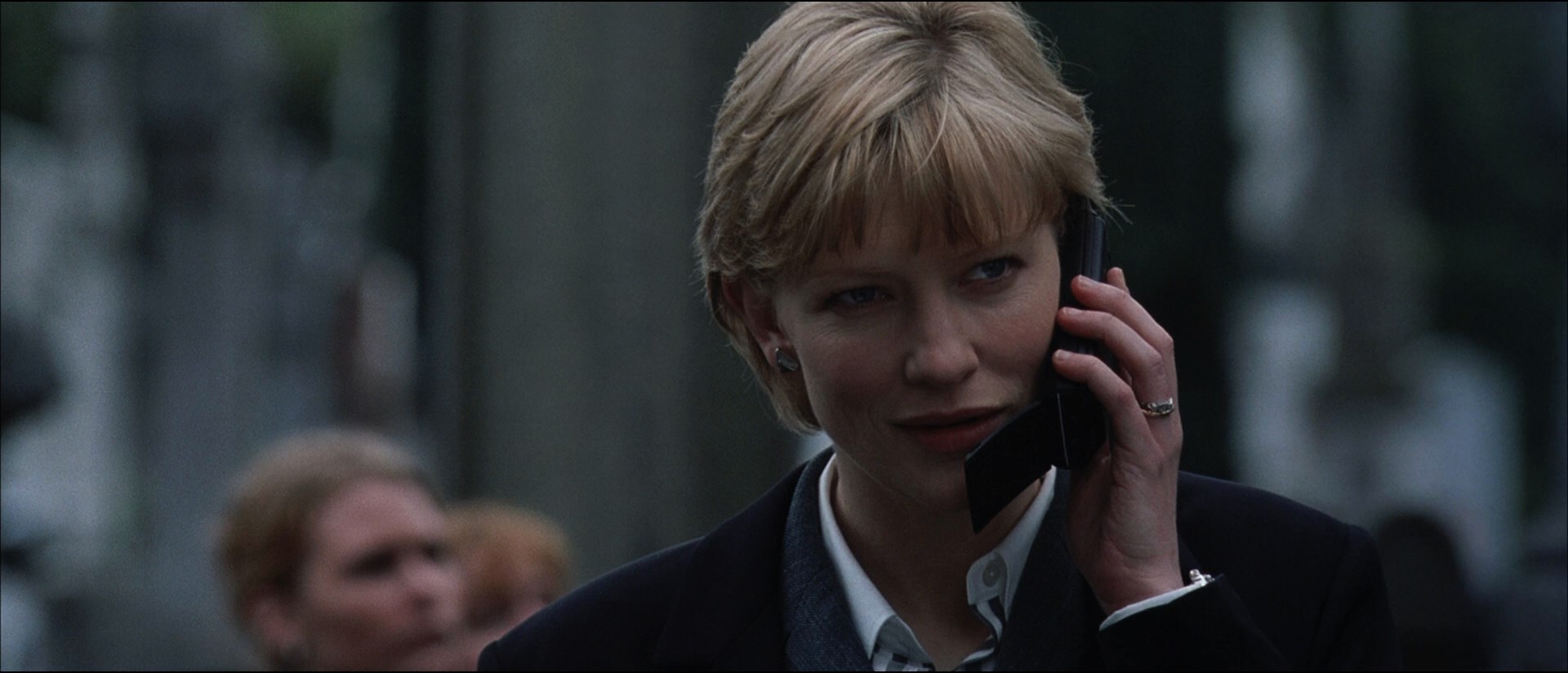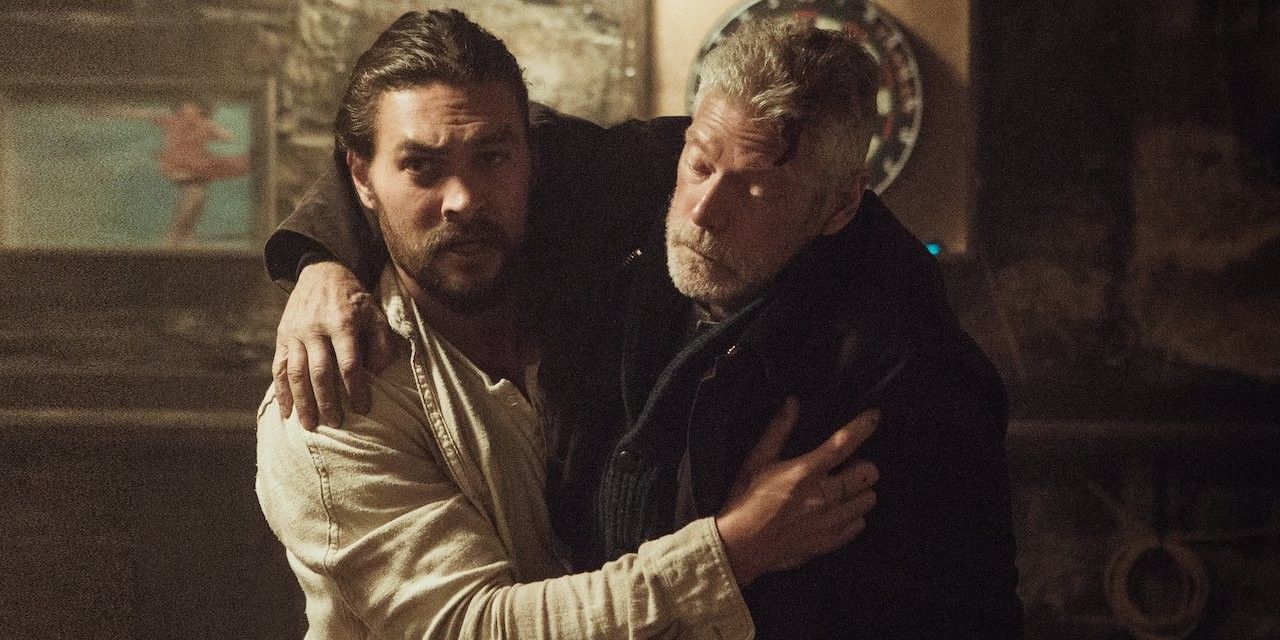is a biographical crime drama directed by Joel Schumacher and produced by Jerry Bruckheimer, based on the true story of Irish journalist Veronica Guerin. Starring Cate Blanchett in the title role, the film chronicles the courageous but tragic journey of a woman who risked everything to expose Dublin’s drug underworld during the 1990s. It is a gripping, emotionally charged film that examines journalistic integrity, civic responsibility, and the high cost of truth.
Set in Dublin, the film portrays Ireland at a time when organized crime was infiltrating working-class neighborhoods, and drug addiction—especially among youth—was becoming a devastating epidemic. Guerin, a reporter for the Sunday Independent, was shocked by the rise in heroin use and the apparent lack of action from authorities. She began investigating the drug trade, connecting with addicts, families, and sources in both the criminal world and law enforcement. Her fearless reporting soon made her a target.
Cate Blanchett gives a commanding performance as Veronica Guerin, portraying her as passionate, sharp, and unrelenting. Blanchett brings complexity to the role, showing not only Guerin’s determination and moral drive but also her vulnerabilities and moments of fear. As the threats against her escalate—from warnings and intimidation to physical violence and a shooting in her home—Guerin’s refusal to back down underscores her sense of duty and justice.

The film follows her dogged pursuit of Dublin’s major drug lords, particularly John Gilligan and his criminal network. Guerin's boldness—walking into criminal hideouts, confronting dealers, and pushing police to act—draws both admiration and concern. Her editor, colleagues, husband, and even her young son worry for her safety, yet she continues, believing that public awareness is the first step toward action. Ultimately, her assassination in 1996, shot dead in broad daylight while stopped at a traffic light, shocked the nation and became a turning point in Ireland's war on organized crime.
Visually, the film balances gritty urban realism with emotionally intimate moments. Schumacher avoids glamorizing the criminal world, instead focusing on the desperation of communities affected by drugs and the cold ruthlessness of the dealers. The pacing is brisk, though some critics felt the storytelling occasionally leaned too much into Hollywood-style dramatization, losing some of the nuance of the real-life events.

Despite this, Veronica Guerin is largely effective in conveying the emotional weight of its subject. The script touches on Ireland’s political and social climate at the time, showing how systemic failures allowed drug networks to thrive. The use of real locations, combined with a strong score by Harry Gregson-Williams, enhances the authenticity and emotional depth.
In the aftermath of Guerin’s murder, public outrage led to major reforms in Irish law enforcement, including the establishment of the Criminal Assets Bureau, which targeted the finances of crime lords. In that sense, Guerin’s sacrifice was not in vain—her work sparked change.
In conclusion, Veronica Guerin is a moving tribute to a fearless journalist who stood up to corruption and violence in the name of truth. Anchored by a brilliant performance from Cate Blanchett, the film honors not just her life, but the enduring power of investigative journalism to shine light in dark places—no matter the cost.


